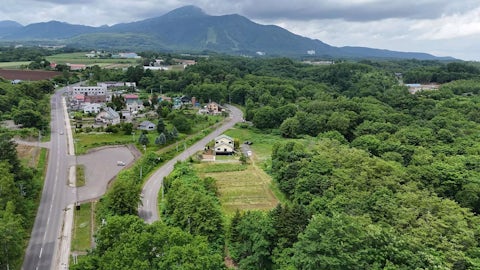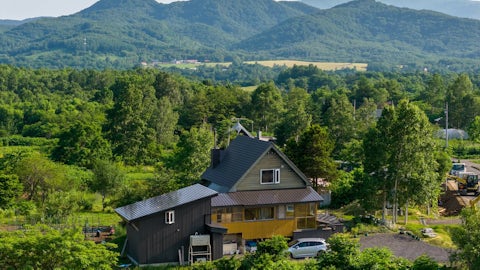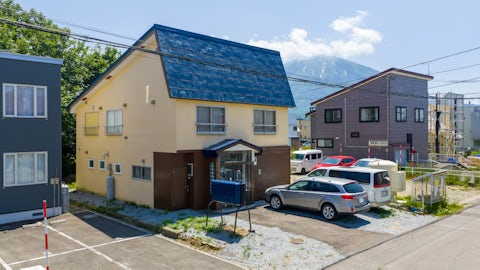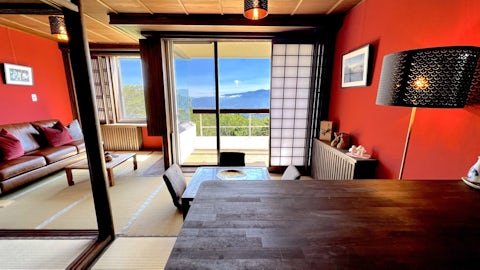
Japan’s resort real estate market has been significantly influenced by a surge in international tourism. The country welcomed a record 36.87 million foreign visitors in 2024, marking an all-time high. This growth has been driven by a weak yen, the resumption of international flight routes post-COVID-19, and peak travel seasons such as cherry blossoms and autumn foliage. With tourism spending surpassing 8 trillion yen ($50.8 billion) for the first time, the economic impact has extended to the real estate investment market, making resort properties more attractive than ever.
The Surge in Tourism and Its Economic Impact
Japan's status as a premier travel destination continues to strengthen. The government’s tourism initiatives, including relaxed visa policies and enhanced infrastructure, have contributed to this unprecedented growth. In December 2024 alone, 3.49 million visitors arrived, setting a new record for a single month. The highest number of travelers came from South Korea (8.82 million), China (6.98 million), and Taiwan (6.04 million), with Chinese tourists accounting for the highest expenditure at 1.73 trillion yen. The surge in international visitors has not only boosted hospitality and retail but has also led to increased interest in real estate investments in key resort destinations.
Rising Demand for Rental Properties and ROI Potential
With an influx of tourists, demand for short-term rental accommodations has skyrocketed. Investors in locations like Niseko, Hakuba, and Kyoto are experiencing high rental yields, particularly during peak travel periods. Luxury chalets, boutique hotels, and vacation homes are seeing high occupancy rates, with platforms such as Airbnb playing a major role in facilitating bookings. The growing preference for private accommodations over traditional hotels is creating opportunities for property investors to capitalize on this booming market.
Tourism’s Influence on Property Values
As visitor numbers rise, so does the demand for quality accommodations, leading to an appreciation in property values. Popular resort areas are experiencing increased investor interest, with property prices reflecting the growing tourism appeal. Improved infrastructure, enhanced amenities, and greater accessibility to regional airports are further contributing to the value of real estate in these locations.
Tourism spending has now become Japan’s second-largest revenue generator, surpassing semiconductors and steel. This massive economic boost is making resort real estate an even more attractive asset class. Investors who enter the market now stand to benefit from both rising rental income and long-term capital appreciation.
Future Prospects for Resort Real Estate Investment
With Japan’s goal of attracting 60 million visitors annually by 2030 and increasing tourism spending to 15 trillion yen, the resort real estate market is poised for continued growth. However, challenges such as overtourism and labor shortages in hospitality remain. The government is addressing these issues by promoting high-end tourism and encouraging travel beyond major cities through improved regional connectivity.
For investors, this presents an opportunity to secure prime properties in areas set for sustained tourism-driven expansion. Whether for short-term rentals or long-term appreciation, Japan’s resort real estate market offers a unique and profitable investment landscape.
For more insights into Japan’s property market, visit our News page.












